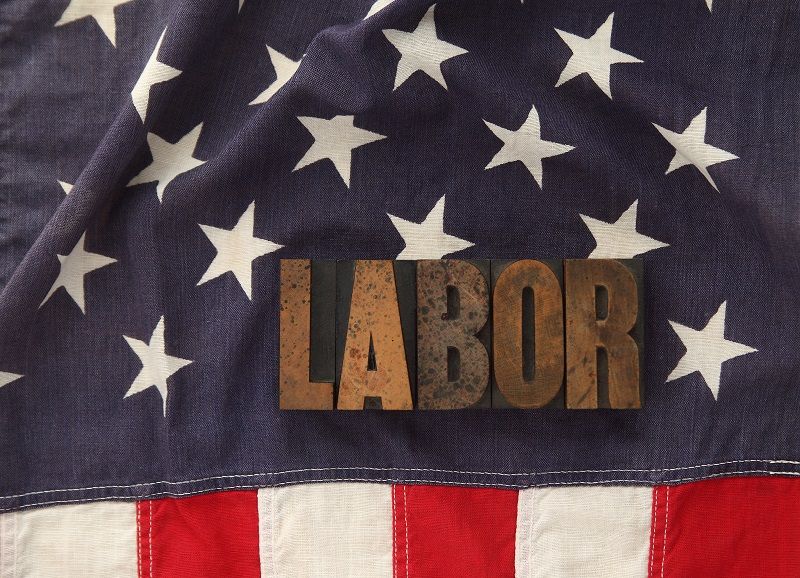By Jakob Puckett
When’s the last time you went to a store, and the store forced you to buy something you didn’t want? That’s ridiculous, you might think. Sure, someone else might want it, but they can’t spend my money for me on something I’m not looking to buy.
For the past 40 years, this is how public sector unions had been operating, having the legal right to collect what are called “agency fees” (or union dues) for any employees they wish to bargain for, even if that person didn’t want to join the union.
But thanks to the recent Supreme Court decision in Janus v. AFSCME, workers now have the right to choose whether they want to pay union dues. Mark Janus successfully argued that since public sector unions operate by interacting with public officials, everything they do is inherently political, and forcing employees to be a part of it would violate their First Amendment rights of free speech and association.
Now, instead of involuntarily funding a union they don’t agree with, workers are finally empowered to make their own decisions with their own money for their own purposes.
Like the grocery store example, nothing in this ruling prevents unions from existing and continuing to offer their services. We’re just free to choose whether or not to purchase them.
Jakob Puckett is a Research Associate at Cascade Policy Institute, Oregon’s free market public policy research organization.
Click here for the PDF version:
7-4-18-Supreme_Court_Janus_Decision_Upholds_First_Amendment-1












